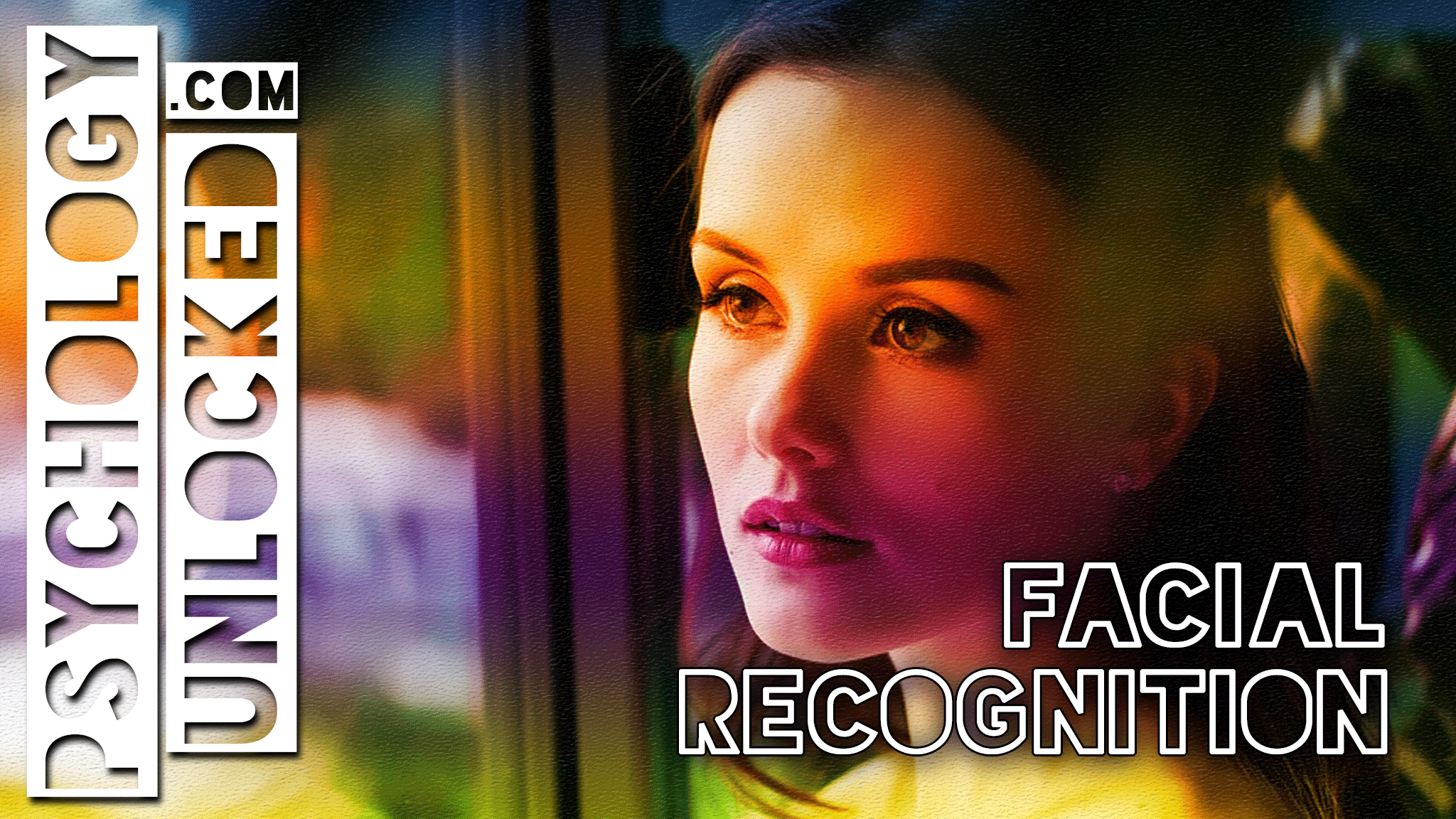
This week I had the undeniable pleasure of passing a few hours at my local hospital.
Now, unless you’ve been living under a rock for most of this year, you’ll be more than aware that things are a little different these days. Most noticeably, everyone’s wearing masks. Everywhere. All the time.
Even with the mask, my doctor had a familiar face.
- The Dunning-Kruger Effect: Why we think we know more than we do
- The Yale Food Addiction Scale: Are you addicted to food?
- Addicted to Pepsi Max? Understand addiction in six minutes (video)
Admittedly, most doctors have two eyes and a forehead, but I had this sensation that I, in some way, knew her.
It wasn’t until after I’d returned home that I realised that the scalpel-wielding Doc in fuchsia scrubs was in fact a girl I’d been on summer camp with when we were teenagers. She’d even dated one of my friends for a period!
Come to think of it, our friendship circles overlapped quite considerably for a number of years. And yet, in the moment, I didn’t realise who she was at all.
So, how is it possible not to recognise someone who you’re supposed to know?
The Reading List

We Have Been Harmonised
by Kai Strittmatter
If you’re interested to learn more about China’s “Smart Cities” and how technology and AI is used in the country, read this book.

Face Perception
by Vicki Bruce and Andy Young
Discover just how complex our ability to perceive faces really is! You’ll marvel at your own natural abilities!
This is actually a surprisingly common issue and may be the root of any number of unintended social slights.
It might be worth answering this question by first answering the, generally unasked, question: how is it possible to recognise individual faces? Afterall, if we stop to think about it, that’s quite a remarkable feat!
Given that we all have practically identical facial features (two eyes, one either side of a nose, that runs down to a mouth… pretty standard!), it’s no accident that we are able to notice minute details in nano seconds in order to recognise individuals.
We actually have more than one area of our brain involved in facial recognition – it’s quite an important mental ability.
Research conducted at the Royal Holloway University of London (Apps & Tsakiris, 2013) found that the fusiform face area “seems to be involved in learning new information about faces and increasing their familiarity”, but it’s another area – the superior temporal sulcus – that appears to be involved in whether or not we recognise the face as belonging to a specific, named, individual.
So, when you see a face appear in a cloud formation, your fusiform face area is activated. However, when you see your parents’ faces, it’s your superior temporal sulcus that is able to distinctly label those specific faces as “Mum” and “Dad”.
These two separate areas involved in facial recognition are the cause of that peculiar “do I know you?” sensation, where a face looks familiar but you can’t quite pin it down.
What can make facial recognition more reliable?
Context is a hugely important factor in recognising faces. Of course, this understanding is critical in understanding the reliability of line-up identification in response to a crime.
But it also explains why – mask or no mask – I was unlikely to recognise my doctor as the teenage girl I once knew.
First, I had no idea she had become a doctor – when I knew her she was a languages student and even moved abroad for months on end, developing her language skills, so the context of meeting in a hospital didn’t match the context in which my memories of her were set.
Are computers better at recognising people than people are?
My inability to recognise a familiar face out of context has got me thinking about artificial intelligence and facial recognition. Are computers “better” at recognising people than we are at recognising each other?
In Chinese cities, armies of CCTV cameras survey the streets, capable of tracking millions of Chinese citizens going about their daily business.
Individuals are immediately identified if caught crossing the road outside of the permitted area and time. This misdemeanour is then added to the individual’s public record and points are docked from their behavioural score – impacting their ability to draw credit or get particular jobs.
If a computer can do all this in milliseconds for millions of people all at once, why can’t I recognise one person even when we come directly face to face?
Social and Cognitive Psychology might have some answers
Cognitive psychologists are great for providing computational models for how we transform a face (visual stimulus) into a name (semantic label), and are subsequently able to draw to mind other facts and figures relevant to the person we have identified.
Social psychologists have been able to develop this insight by tackling the question of why that cognitive doesn’t always trigger “as it should”.
The last time I saw my doctor was at a mutual friend’s 18th birthday party. We were on a party boat riding up the Thames. There were probably about 50 people at the party and I seem to remember she had either just returned or was about to move to Switzerland for half a year. The first time I met her, we were playing a game of cards (I lost every round!) on the grass outside our dormitories on a summer camp in Wales.
Neither of these memories has anything to do with hospitals or medicine, so the context of this week’s meeting was “wrong”.
Equally, people change.
Behaviourally, I remember my doctor always being a friendly girl when we were younger. People would gravitate towards her, but she wasn’t the centre of attention, and I don’t remember her ever controlling the room.
From what I remember, she was always there, always smiling, but never holding court.
The social dynamic couldn’t have been more different this week. Meeting in a hospital – her workplace. Her confidence and directness – exactly what I wanted to see in my doctor! – were at odds with the girl in my memory, and therefore didn’t trigger the recollection.
Balas and Thomas (2015) found that meeting people in different social contexts can even transform our mental representations of their faces. If we meet someone in a collaborative setting, we picture their face in a softer, friendlier form than if we met someone in a more combative setting.
Mystery solved.
So, how did I resolve the mystery and “overcome” my cognitive deficiencies? Facebook! So, again, we return to computers and their powerful artificial intelligence.
Not only are computers better at recognising faces than humans are, they’re better at organising other information too. That said, as long as us mere humans can learn how to use the databases and computers we’ve built, they can be a phenomenal tool for plugging the gaps in our natural cognitive abilities.
… That said, the Chinese Government’s application of this technology seems a bit too “1984” for me.
